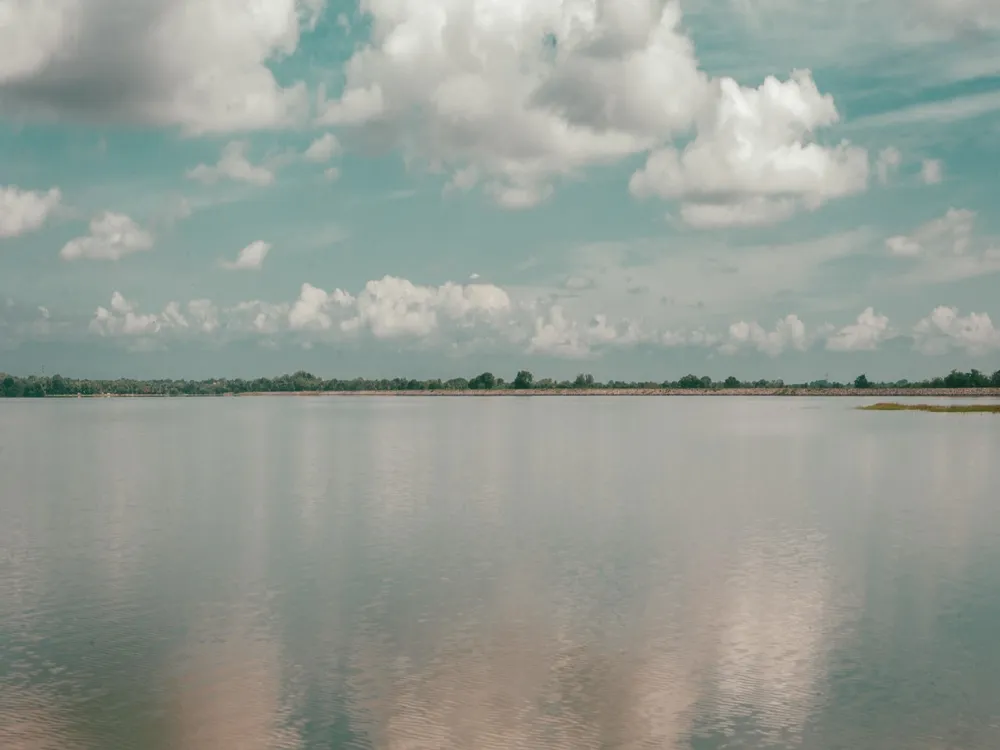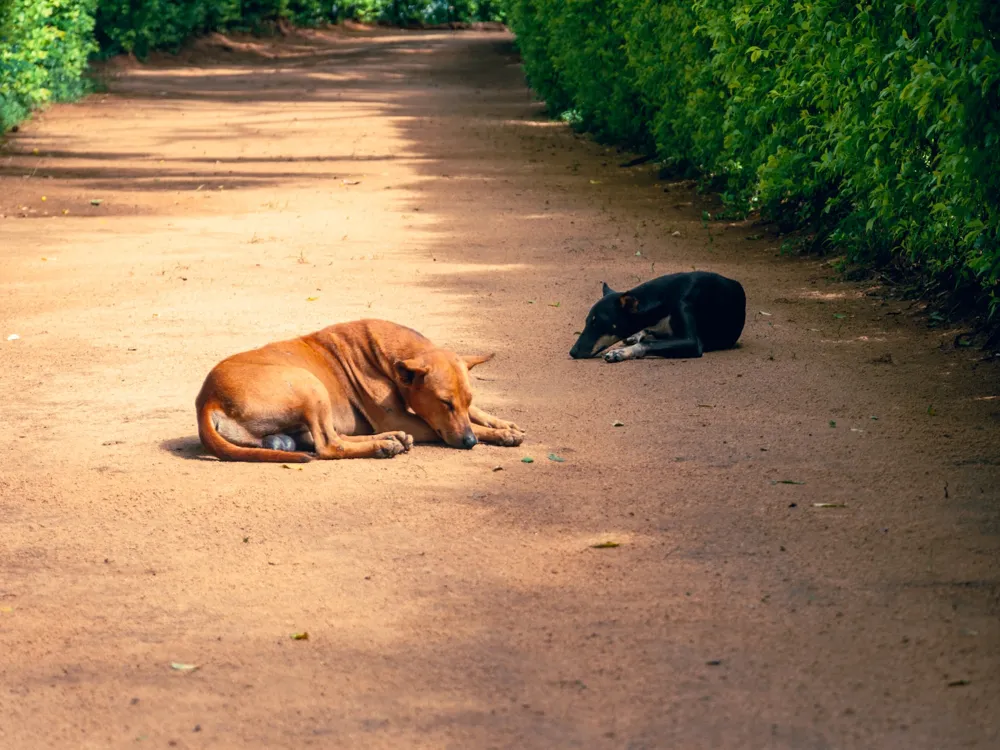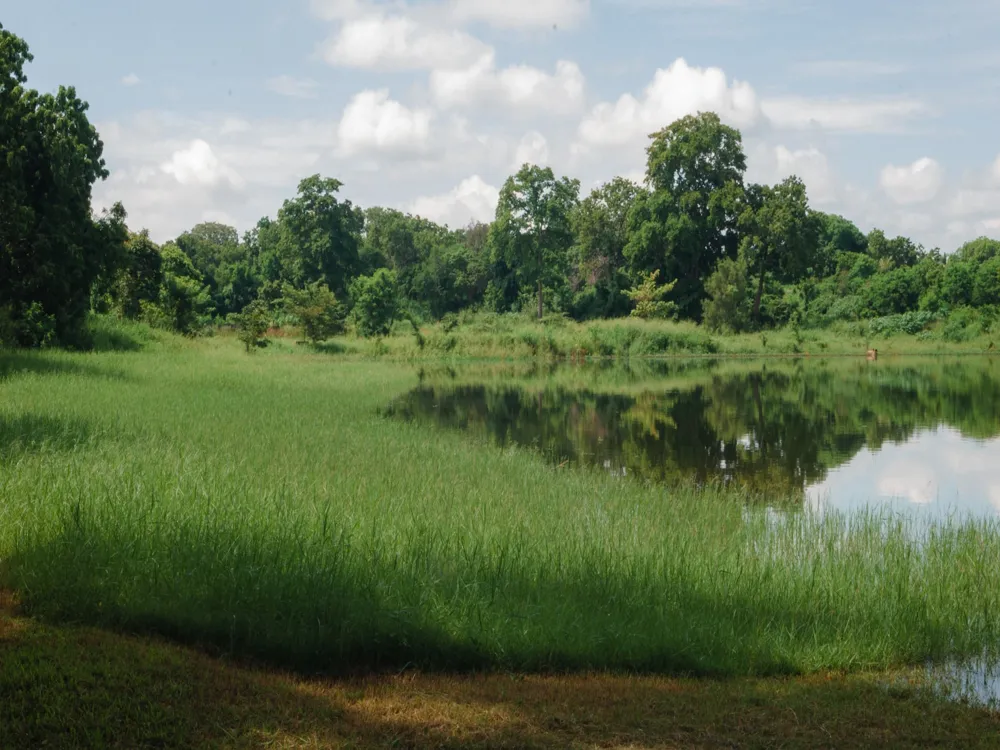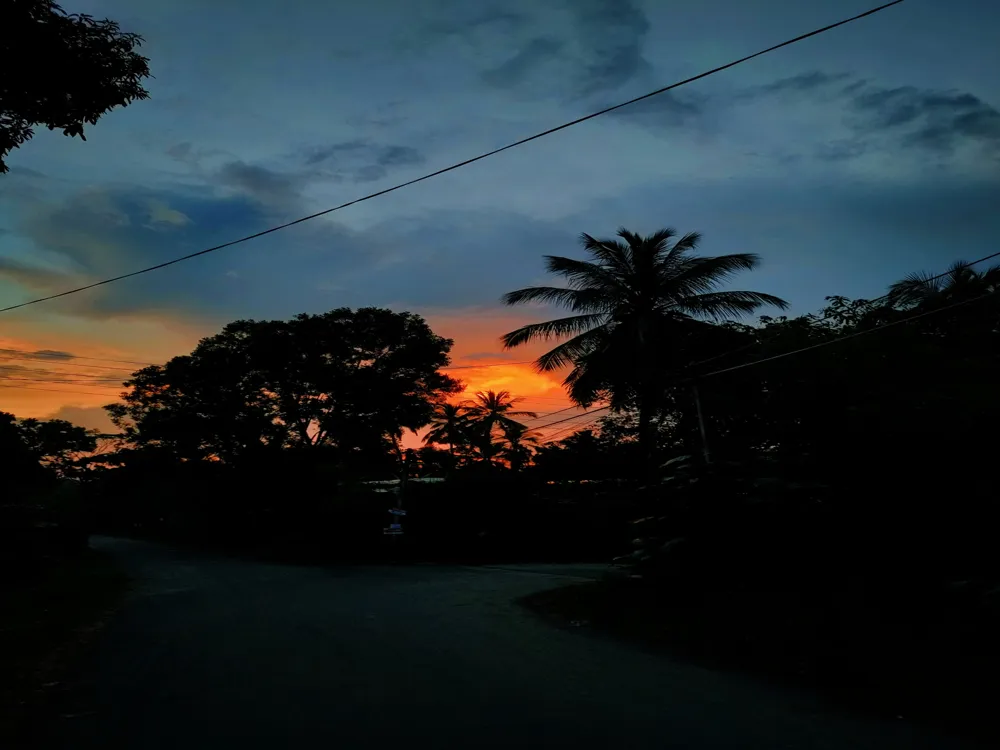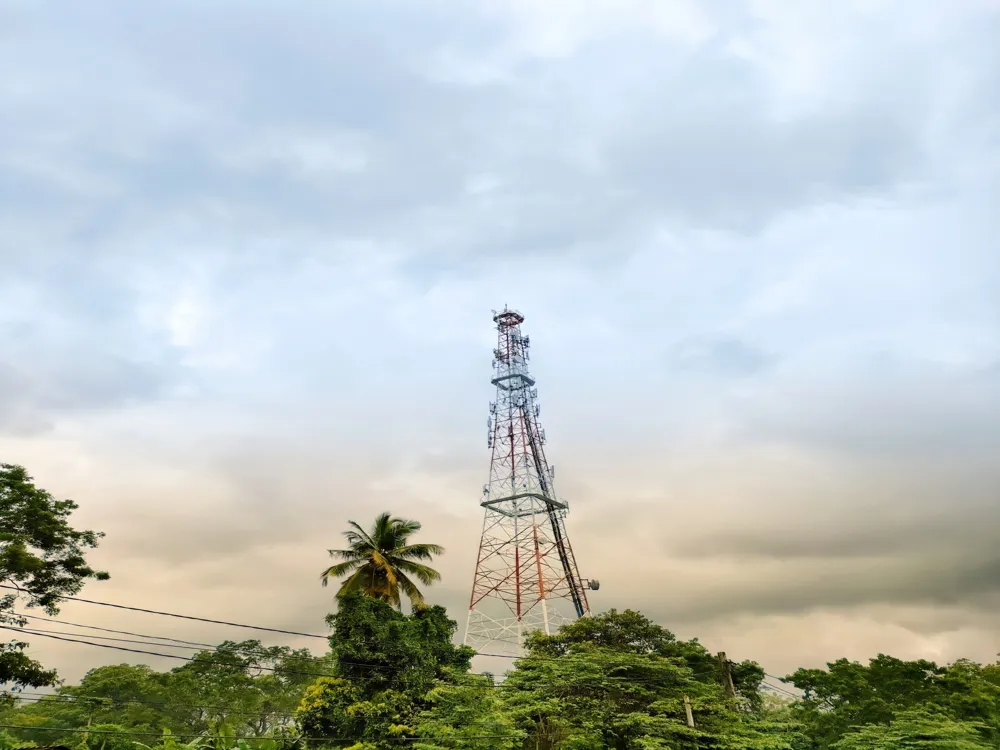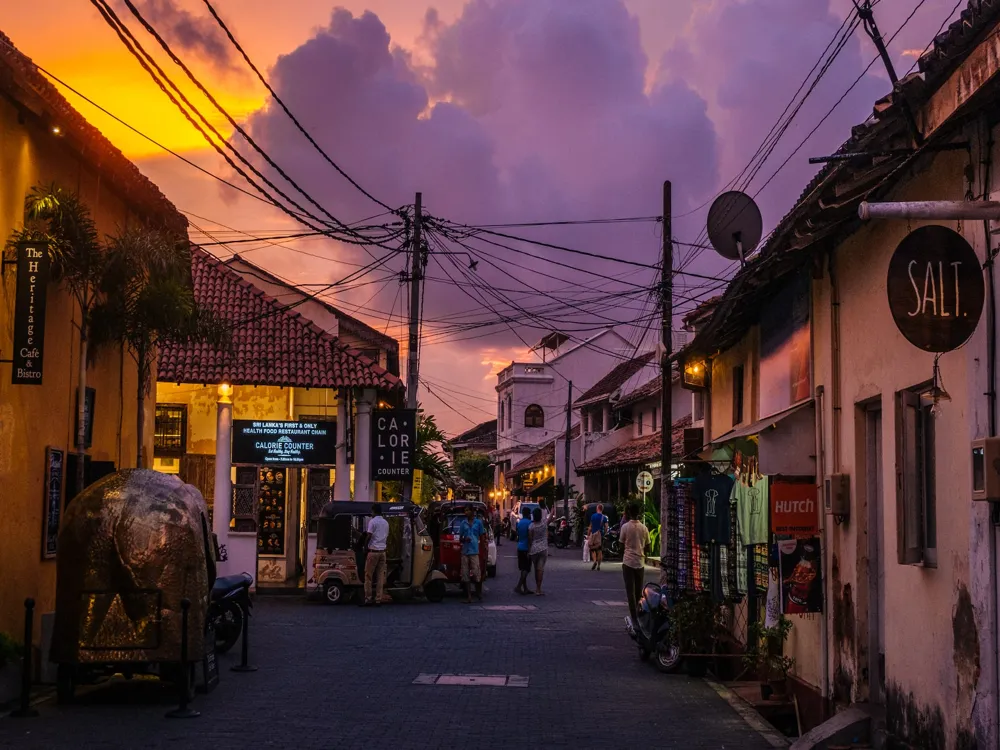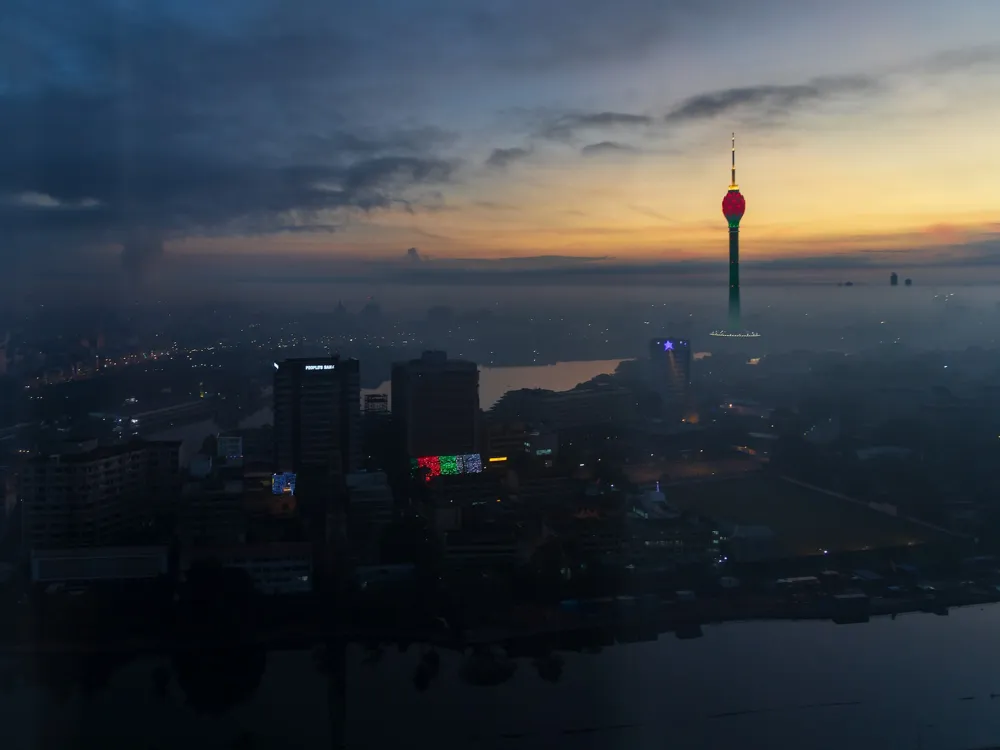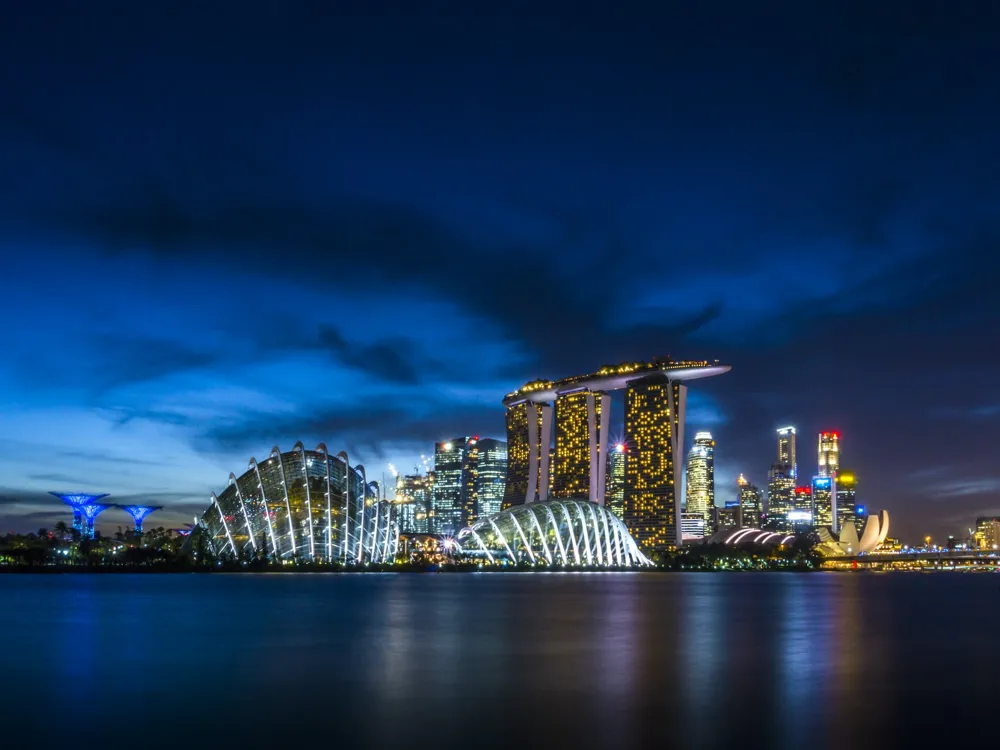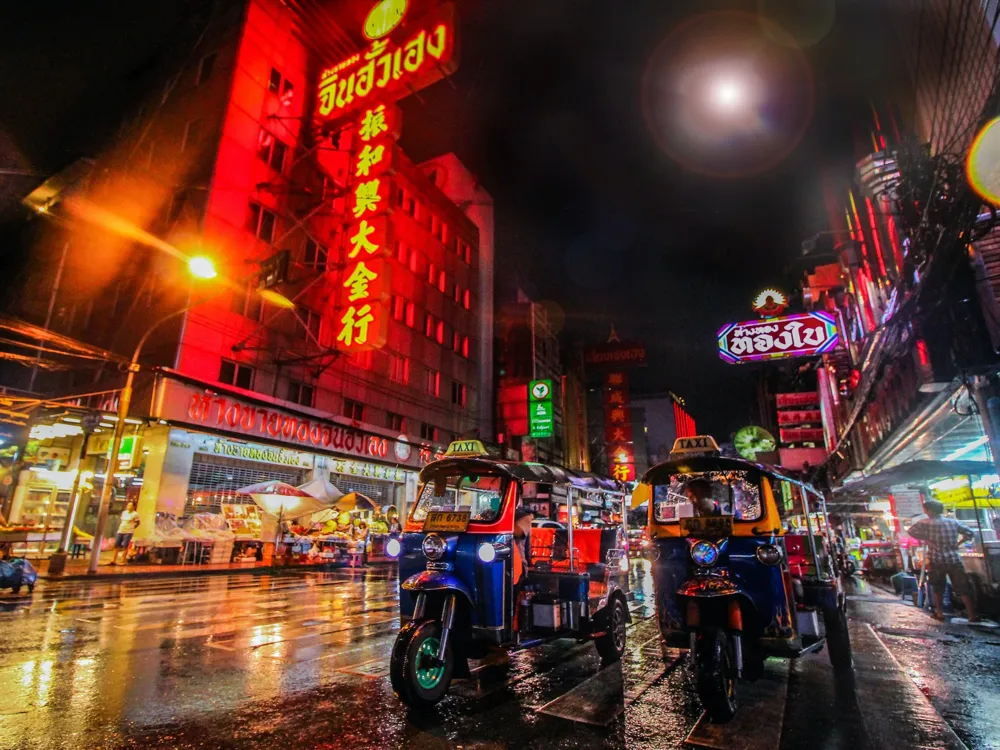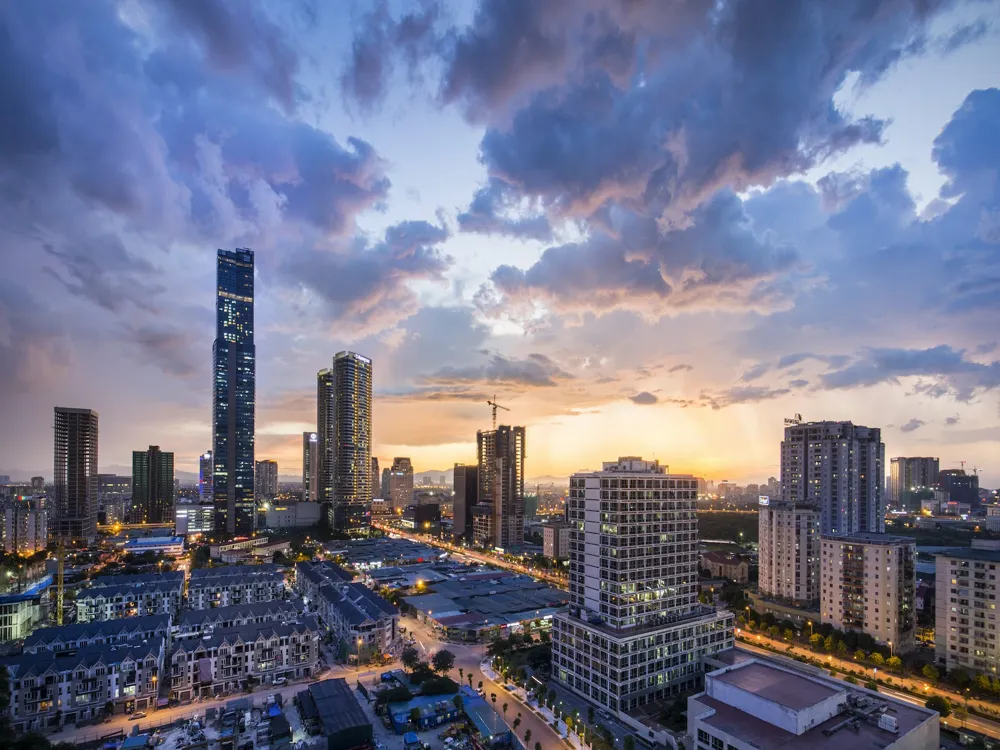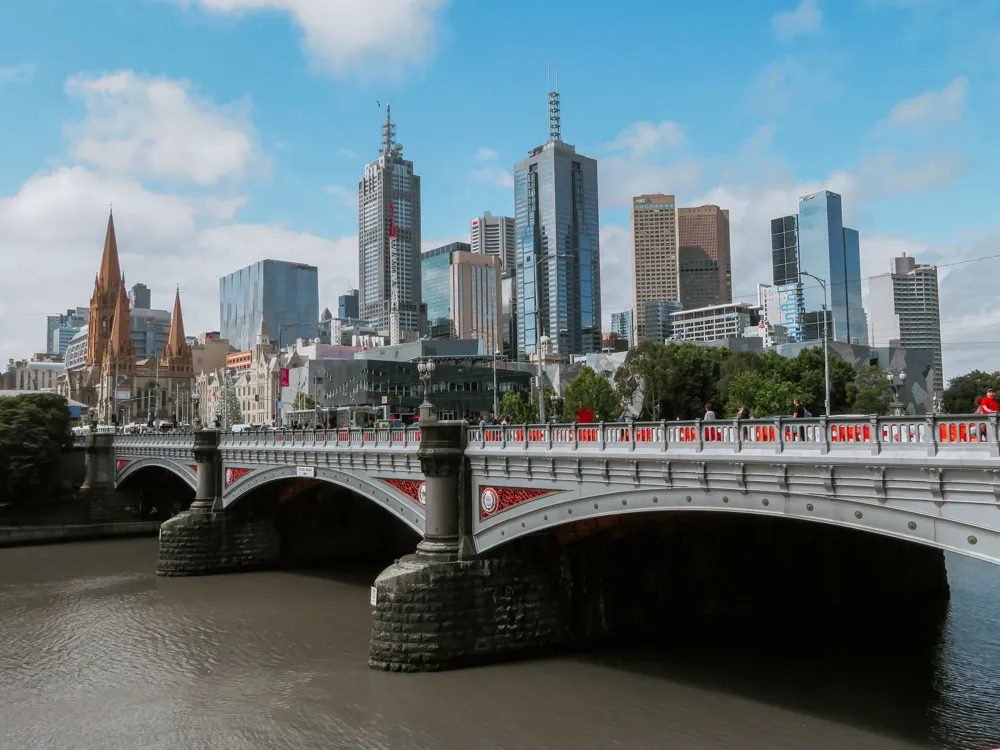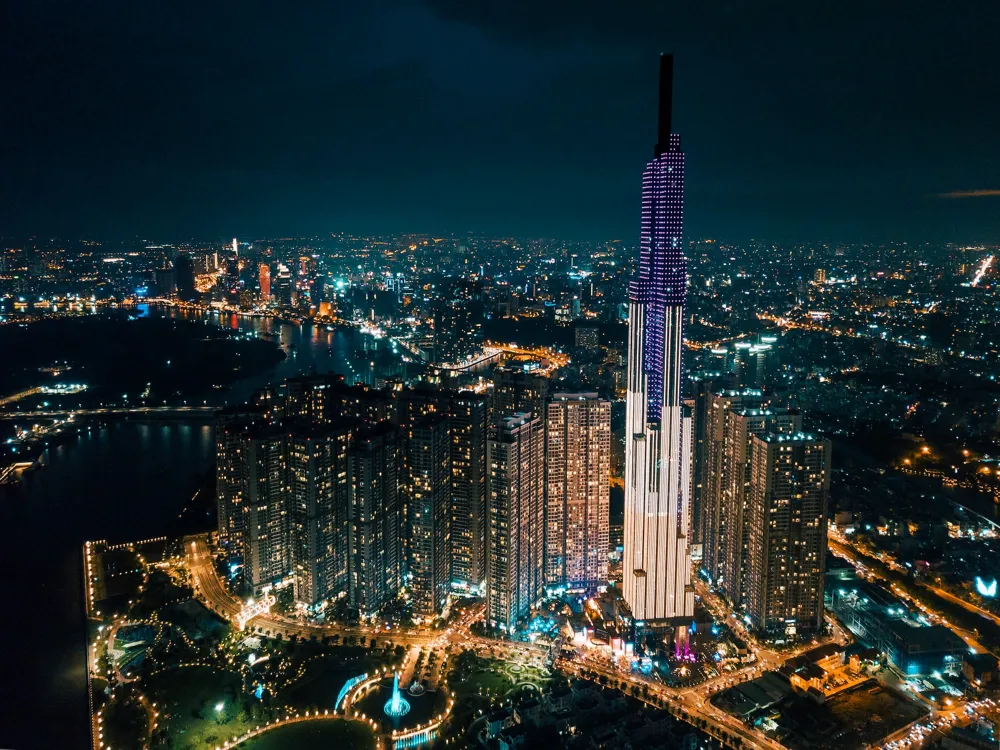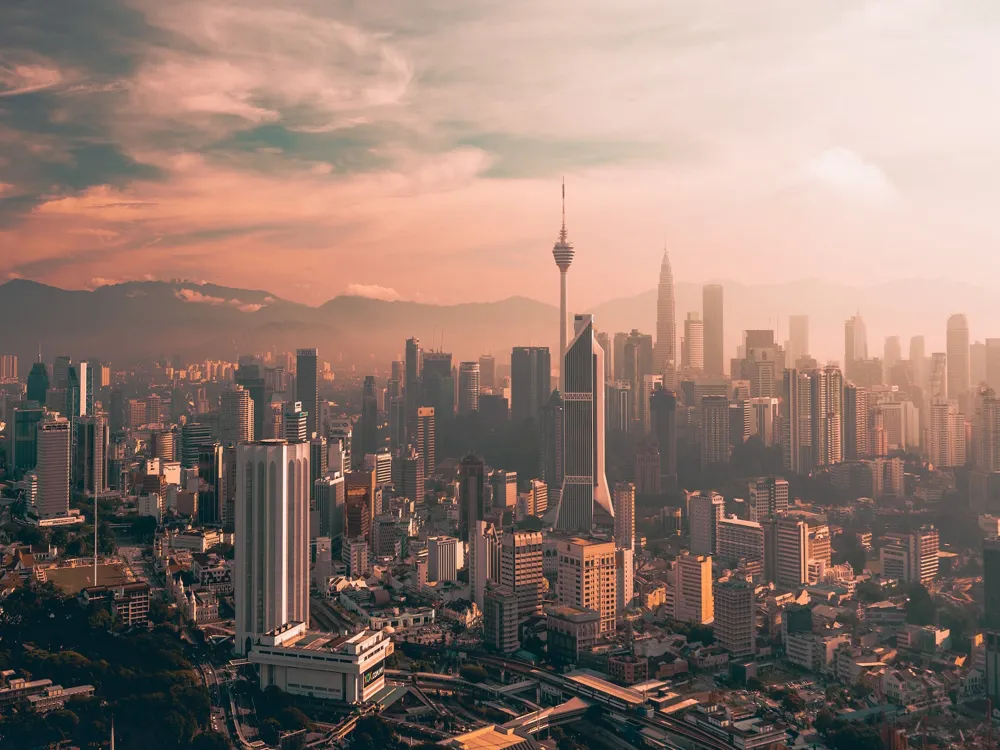Best Time to Visit Embilipitiya
Sri Lanka
61 out of 66 Places to visit in Sri LankaNaN onwards View Packages
Get Customized PackagesThe Land of Diversity
Top Hotel Collections

Private Pool

Luxury Hotels

5-Star Hotels

Pet Friendly
What is the Best Time to Visit Embilipitiya?
Embilipitiya, a hidden gem nestled in the heart of Sri Lanka, offers a unique blend of cultural richness and natural beauty. Planning the perfect visit requires meticulous consideration of the best time to travel to ensure an unforgettable experience. Let's delve into the details to guide you through the optimal seasons for your Embilipitiya escapade.
More about Best Time to Travel to Embilipitiya
Travel Peak Season in Embilipitiya
Embarking on a journey to Embilipitiya during the peak season guarantees a feast for the senses. From December to March, the weather is at its prime, offering a delightful escape from the hustle and bustle of everyday life. The region comes alive with vibrant festivals and cultural events, allowing you to immerse yourself in the local traditions while enjoying the pleasant climate.
Travel Offseason in Embilipitiya
For the savvy traveler seeking a more tranquil experience, the offseason in Embilipitiya, spanning from April to November, unveils a different charm. While the weather may be unpredictable, the lack of crowds allows for a more intimate connection with the surroundings. Plus, you might snag some fantastic deals on accommodations and activities during this period.
Embilipitiya Travel Packages
View All Packages For Embilipitiya
Embilipitiya in Shoulder Season
The shoulder season, bridging the gap between peak and offseason, presents a compelling alternative. In April and September, Embilipitiya experiences a transitional period where the weather begins to shift. This can be an ideal time for those who appreciate a balance between favorable weather conditions and a quieter atmosphere.
Embilipitiya in Hot Season
If you're a sun enthusiast, the hot season from April to June might be your preferred window to explore Embilipitiya. While temperatures rise, creating a warm and arid climate, this season unveils the vibrant hues of the landscape. It's an excellent time for outdoor activities and nature walks, provided you stay hydrated.
Embilipitiya in Rainy Season
For those captivated by the beauty of rainfall, the monsoon season from June to September brings a refreshing perspective to Embilipitiya. While occasional showers may interrupt outdoor plans, the lush greenery and revitalized landscapes create a picturesque backdrop for your adventures.
Embilipitiya in Cool Season
As the year winds down, the cool season from October to November offers a refreshing change. The temperatures are mild, making it an ideal time for exploration without the discomfort of extreme weather. This season marks the beginning of festivities, providing a sneak peek into the cultural celebrations that await.
Places To Visit In Embilipitiya
Nearby Places Embilipitiya
Embilipitiya Photos
View All Photos For EmbilipitiyaBrowse Package Collections
Browse Hotel Collections
Faq
1. When is the ideal time to visit Embilipitiya?
The best time to visit Embilipitiya is during the dry season, which typically extends from December to March. During these months, the weather is pleasant, and you can explore the region without the hindrance of heavy rainfall.
2. What is the weather like in Embilipitiya during the dry season?
The dry season in Embilipitiya is characterized by warm temperatures ranging from 25°C to 32°C (77°F to 89.6°F). The skies are generally clear, providing excellent conditions for outdoor activities and sightseeing.
3. Are there any specific months to avoid due to unfavorable weather?
It's advisable to avoid the monsoon season, which occurs from April to November, as heavy rainfall can disrupt travel plans and outdoor activities. June and July are usually the wettest months.
4. What can I expect during the monsoon season in Embilipitiya?
The monsoon season brings heavy rains and increased humidity. Floods and transportation disruptions may occur, making it less suitable for tourists. It's recommended to check weather forecasts before planning a visit during these months.
5. Are there any festivals or events that I should consider when planning my trip?
The Esala Perahera, a grand Buddhist festival, is celebrated in Embilipitiya. It usually takes place in July or August, featuring vibrant parades, traditional dances, and cultural performances. Planning your visit during this time allows you to witness this unique cultural spectacle.

